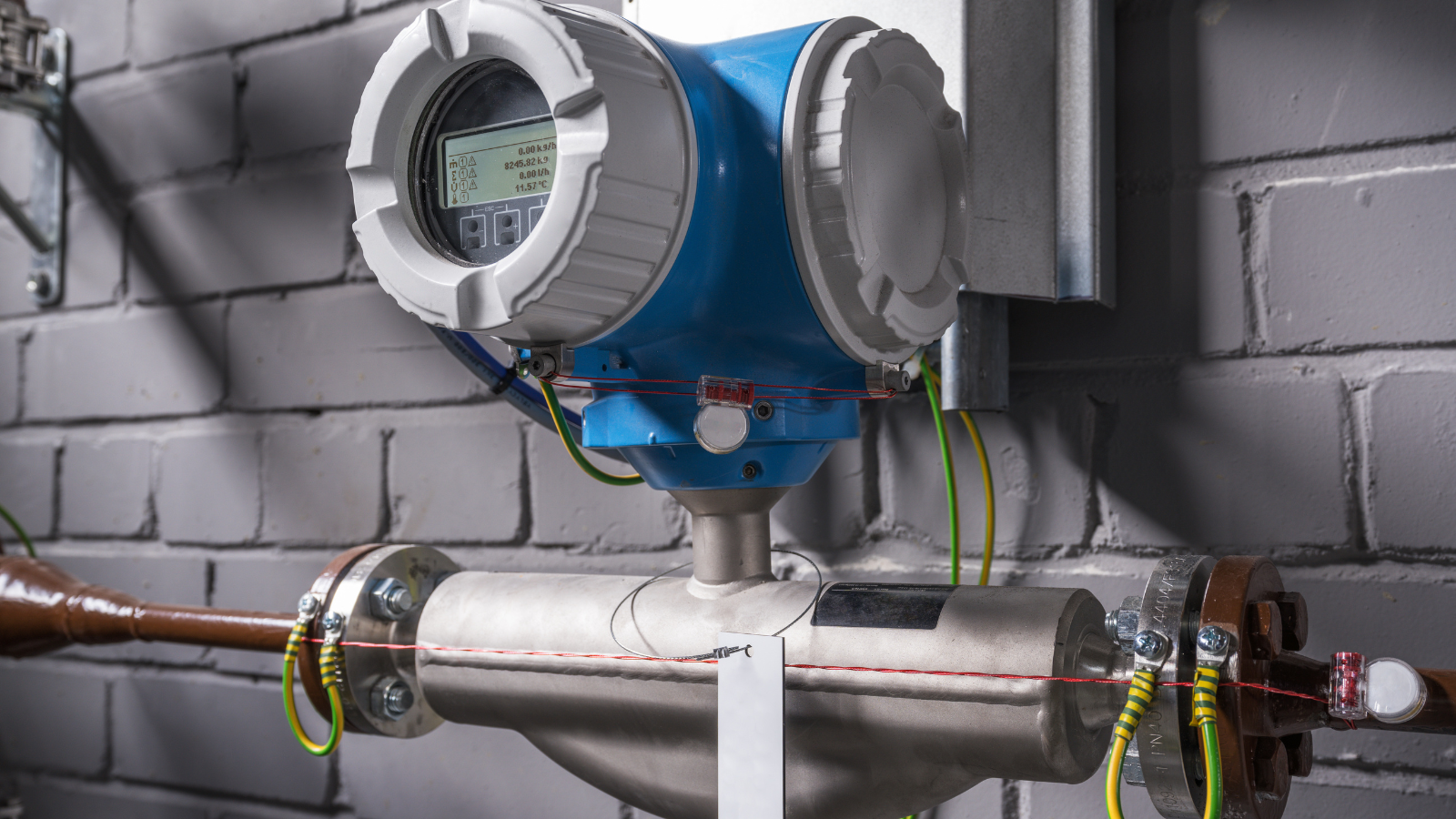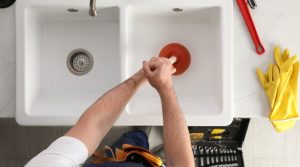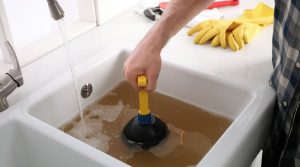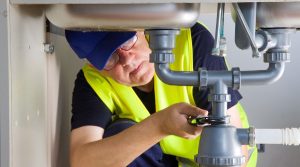Accurate water meter reading and recognizing unusual usage patterns are essential skills for saving money and reducing water waste. This comprehensive guide provides practical steps for achieving precise readings and identifying potential issues.—
Key Takeaways
- Learn how various factors influence your meter readings.
- Discover the correct techniques for reading both residential and commercial meters.
- Understand how to identify and address common meter problems.
Visit https://passaicnjplumbers.com/ for more details
Factors Affecting Water Meter Readings
Several factors can impact the accuracy of your meter readings:
1. Leaks: Leaking pipes or fixtures can lead to inflated readings and higher water bills.
2. Meter Malfunction: Wear and tear, or damage to the meter, can affect its performance.
3. Seasonal Usage: Water consumption often increases during peak seasons, such as summer.
4. Water Pressure Fluctuations: Changes in water pressure can influence meter accuracy.
5. Human Error: Misreading or incorrect recording of data can lead to discrepancies.
How to Read a Water Meter Correctly
1. Locate Your Meter: are generally located in basements, crawl spaces, or outside near the street.
2. Identify the Meter Type: Residential meters are typically either analog or digital. Analog meters have dials, while digital meters display numbers.
3. Read the Meter:
- Analog Meters: Record the numbers on the dials from left to right, noting the position of each hand.
- Digital Meters: Simply read the numbers displayed on the screen.
4. Document the Reading: Keep a record of the current meter reading and compare it with previous readings to track usage.
Reading a Commercial Water Meter: A Helpful Guide
Commercial meters can be more complex due to their size and type:
1. Understand the Meter Type: Commercial meters may be turbine, compound, or electromagnetic, each with specific characteristics.
2. Locate the Reading: The display might be on a dial or a digital screen, often with additional features compared to residential meters.
3. Follow Specific Instructions: Consult the manufacturer’s manual or seek professional advice for accurate reading procedures.
4. Track and Compare: Regularly record and analyze readings against historical data to spot any anomalies.
How to Check If Your Water Meter Is Faulty
1. Look for Leaks: Inspect your home and surrounding areas for any signs of leaks.
2. Compare Bills: A significant increase in your water bill could indicate a meter issue.
3. Inspect the Meter: Check for visible damage or inconsistencies in the meter’s display.
4. Conduct a Test: Turn off all water sources and observe if the meter continues to move. Persistent movement could suggest a fault.
5. Consult a Professional: If you suspect a malfunction, contact your water utility provider or a professional plumber for a thorough inspection.
FAQ
1. What should I do if I notice an unusual spike in water usage?
Inspect for leaks or faulty fixtures. If the problem persists, consult a plumber or contact your water utility provider.
2. How often should I read my water meter?
It’s advisable to check your meter monthly to monitor your water usage and detect any potential issues early.
3. Can I view my meter reading online?
Many utilities offer online account management where you can access your water usage and meter readings.
4. What if my meter reading doesn’t match my bill?
Reach out to your water provider to investigate the discrepancy and correct any billing errors.
Are you tired of dealing with stubborn leaks, clogged drains, or inconsistent water pressure?
Conclusion
Regular water meter reading and awareness of unusual usage patterns are crucial for effective water management. By mastering these skills and identifying potential problems, you can avoid unexpected bills and contribute to responsible water usage. For any uncertainties, consulting with professionals can help ensure your meter functions accurately and reflects your true water consumption.





